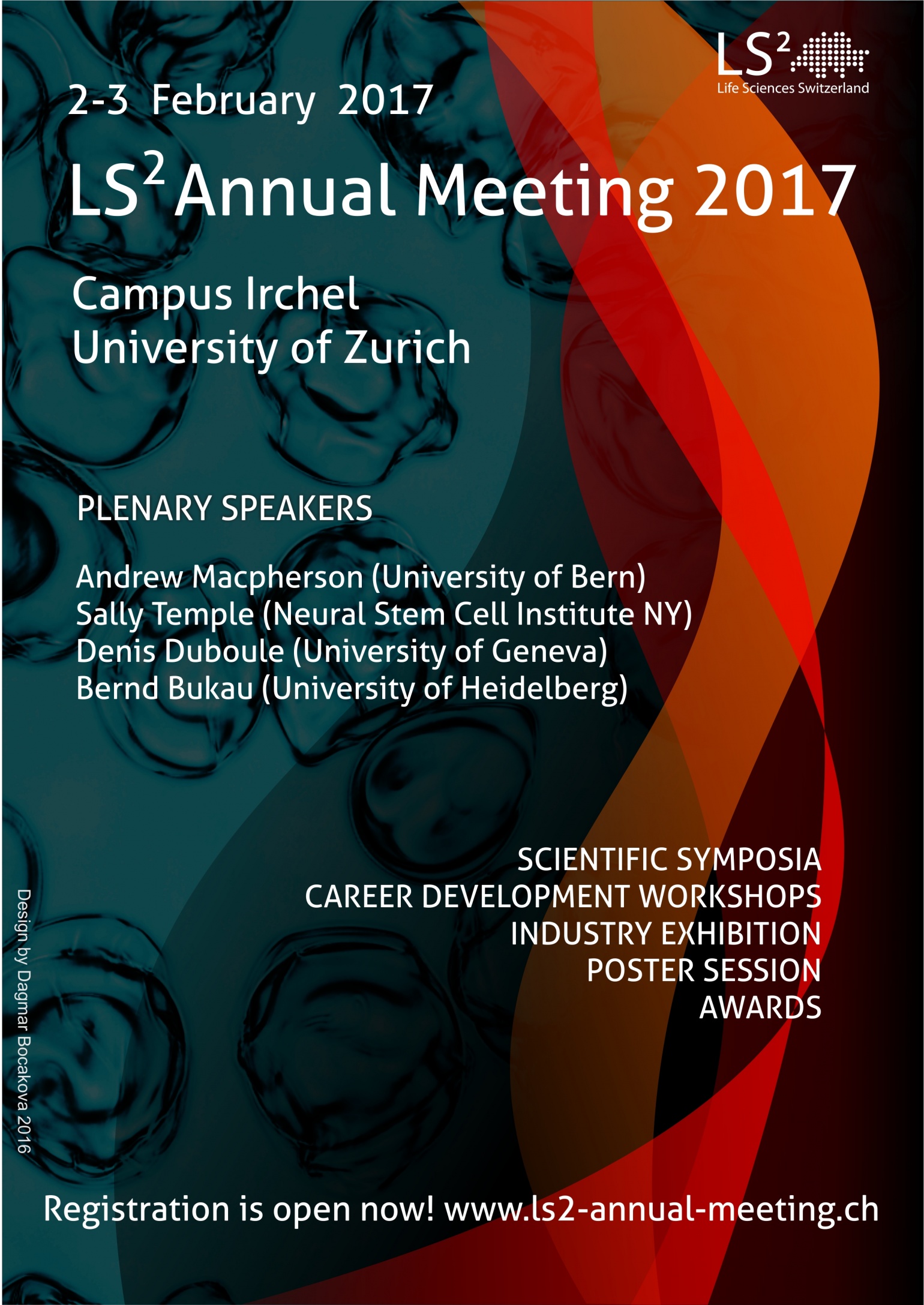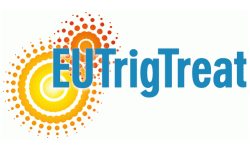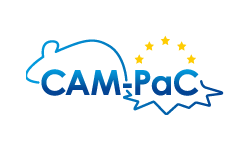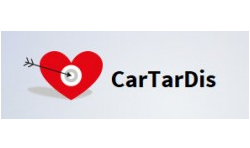Connect with us at the LS2 Meeting at the University of Zurich 2nd-3th February, 2017.
LS2 is the annual meeting of Swiss experts in a broad range of life science disciplines.
Discover the latest, most exciting findings in the field, from Molecular and Cellular Biosciences to Proteomics and Physiology, or enjoy the Satellite Workshop on opportunities in academic and non-academic careers.
We invite our clients and researchers interested in transgenic animal model research to visit us at booth no.3!
Our CEO Doron Shmerling will also participate at an exciting panel discussion about starting a start-up. This event takes place Friday, 10:30 – 12:30 during the Parallel Symposia III.
More information can be found directly on the LS2 webpage: LS2 Annual Meeting.
Wondering where you can meet PolyGene next? Check out our event calendar.










